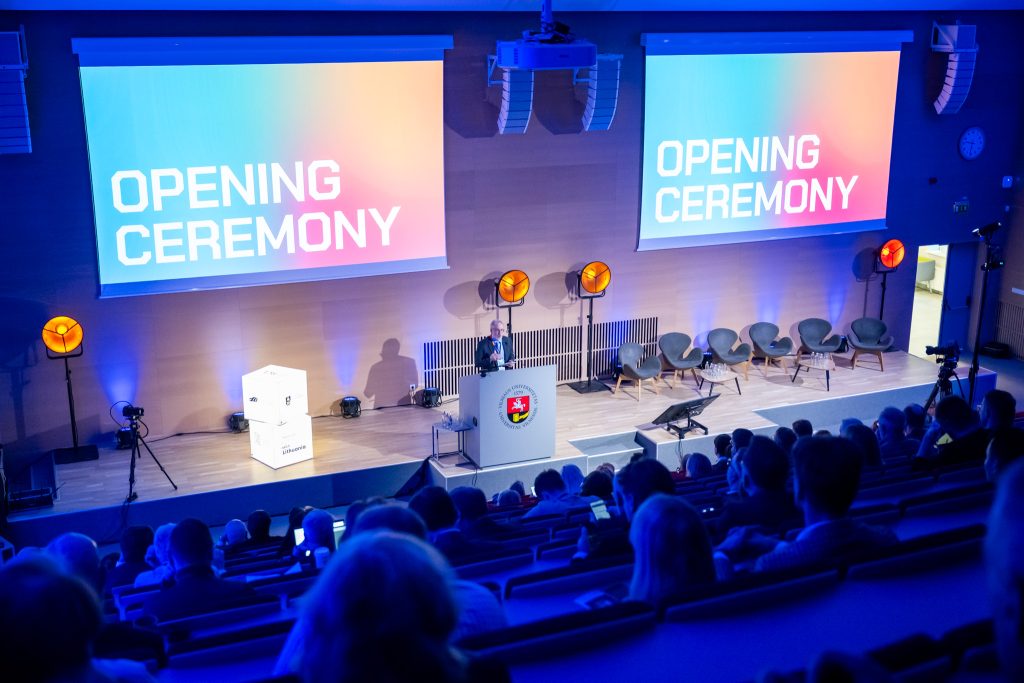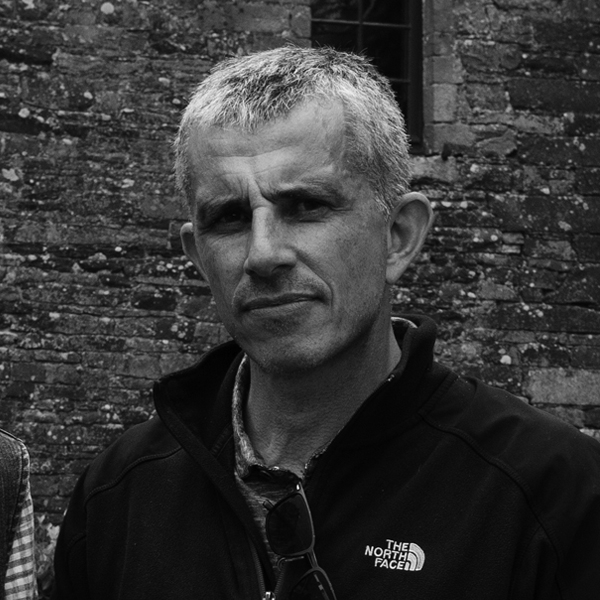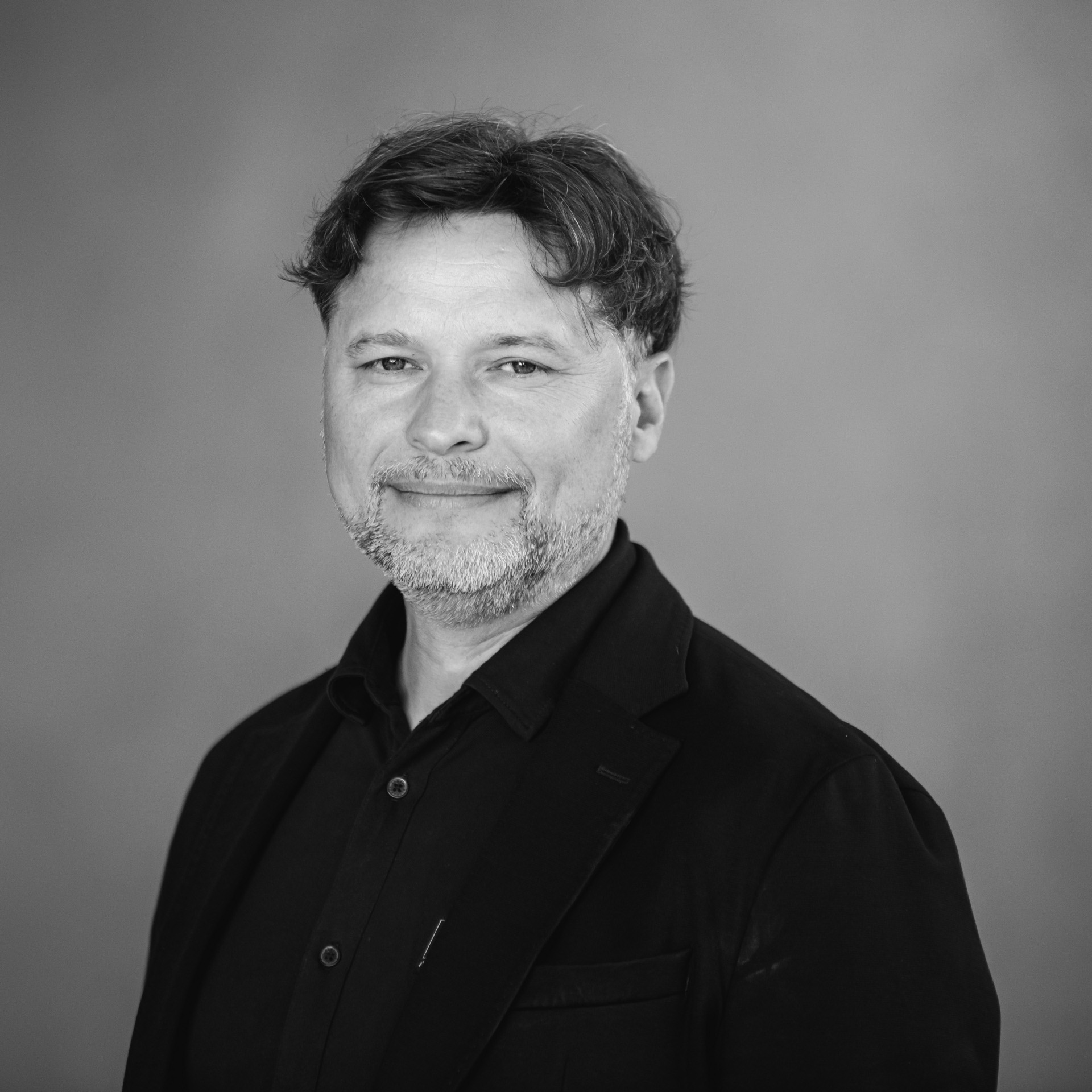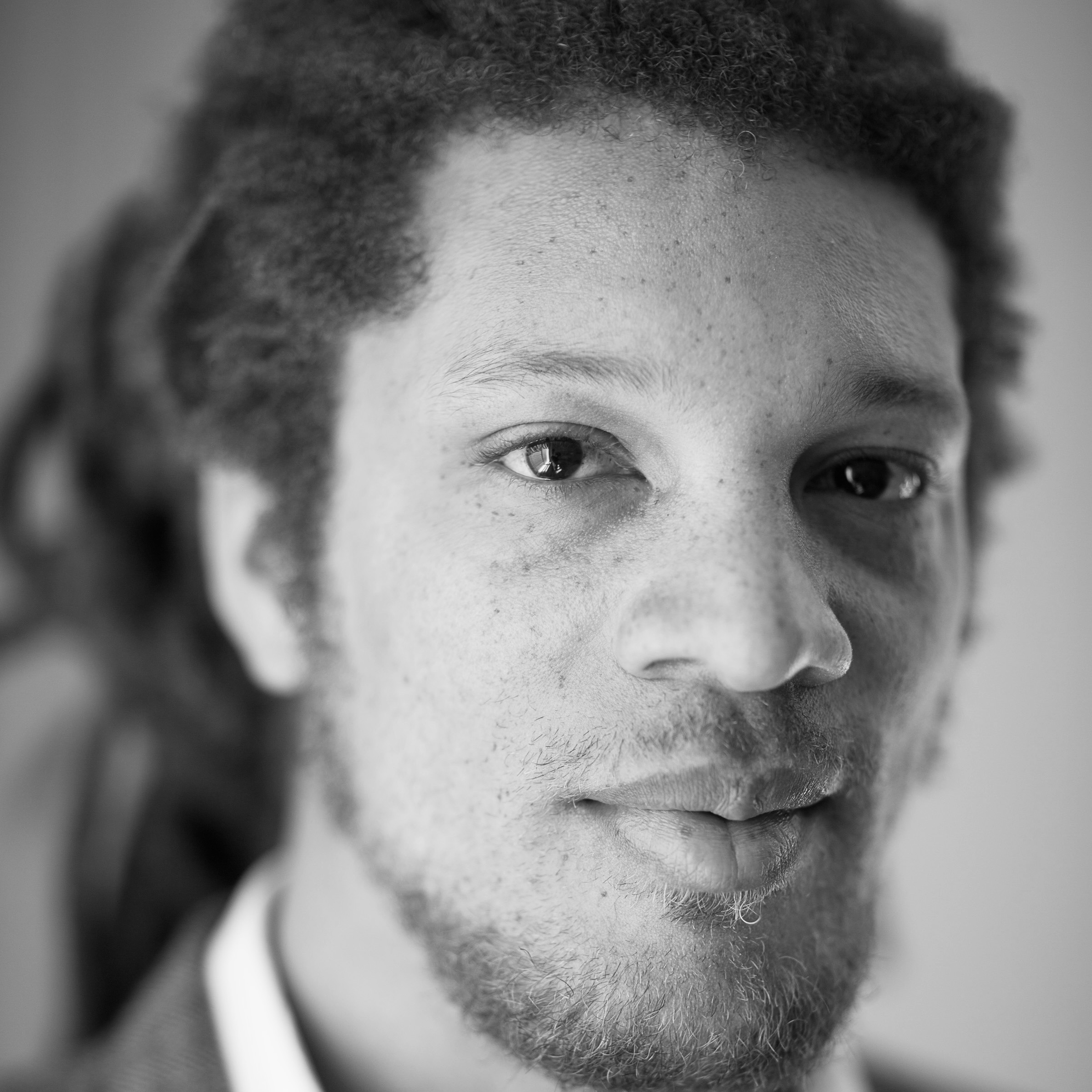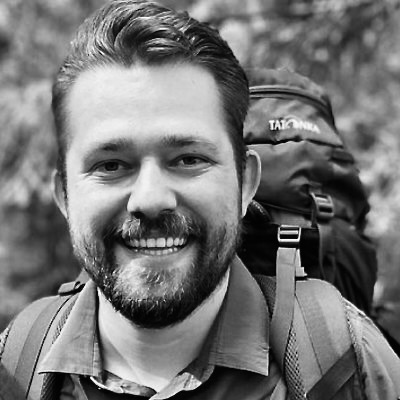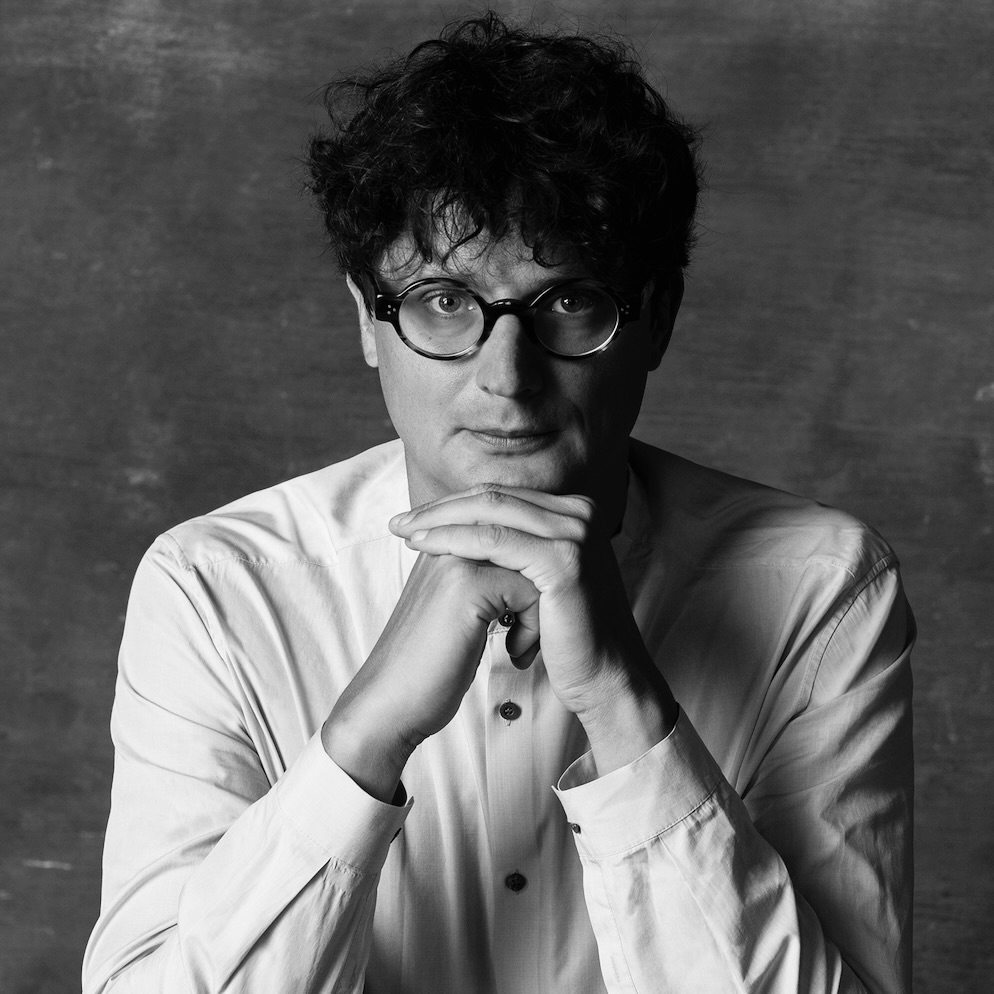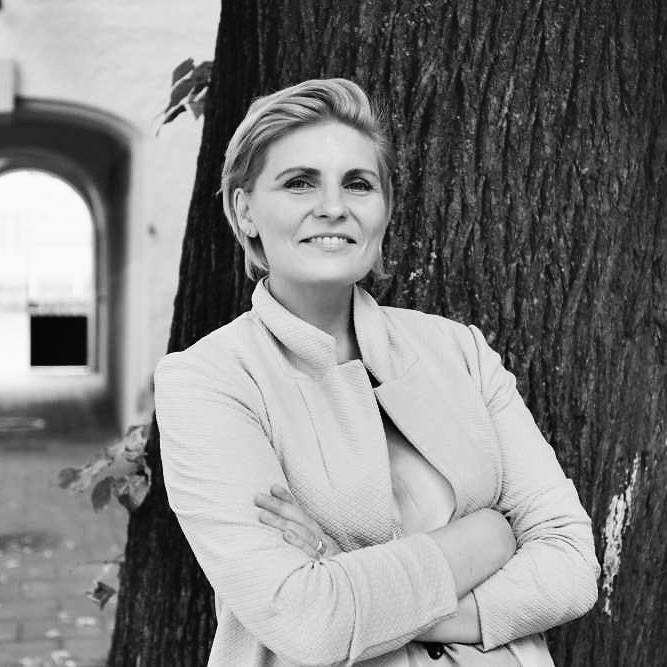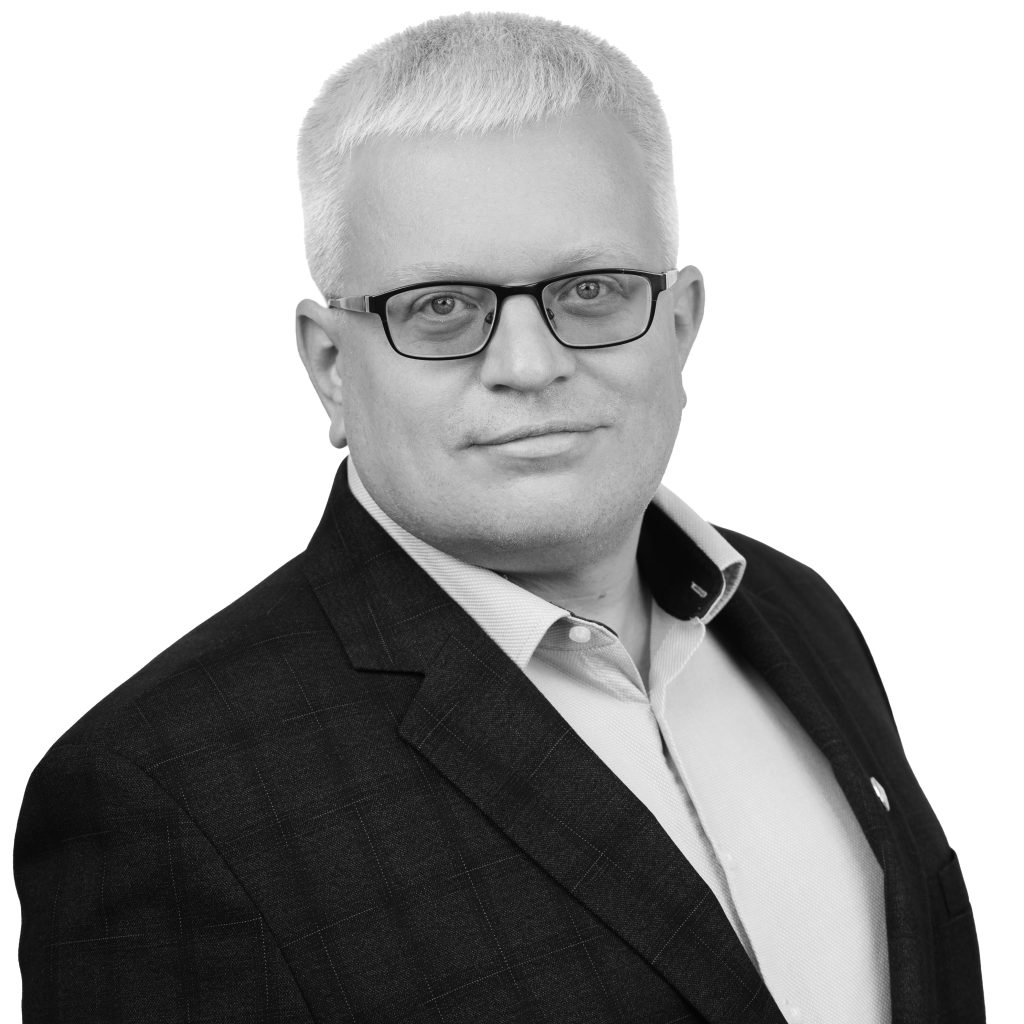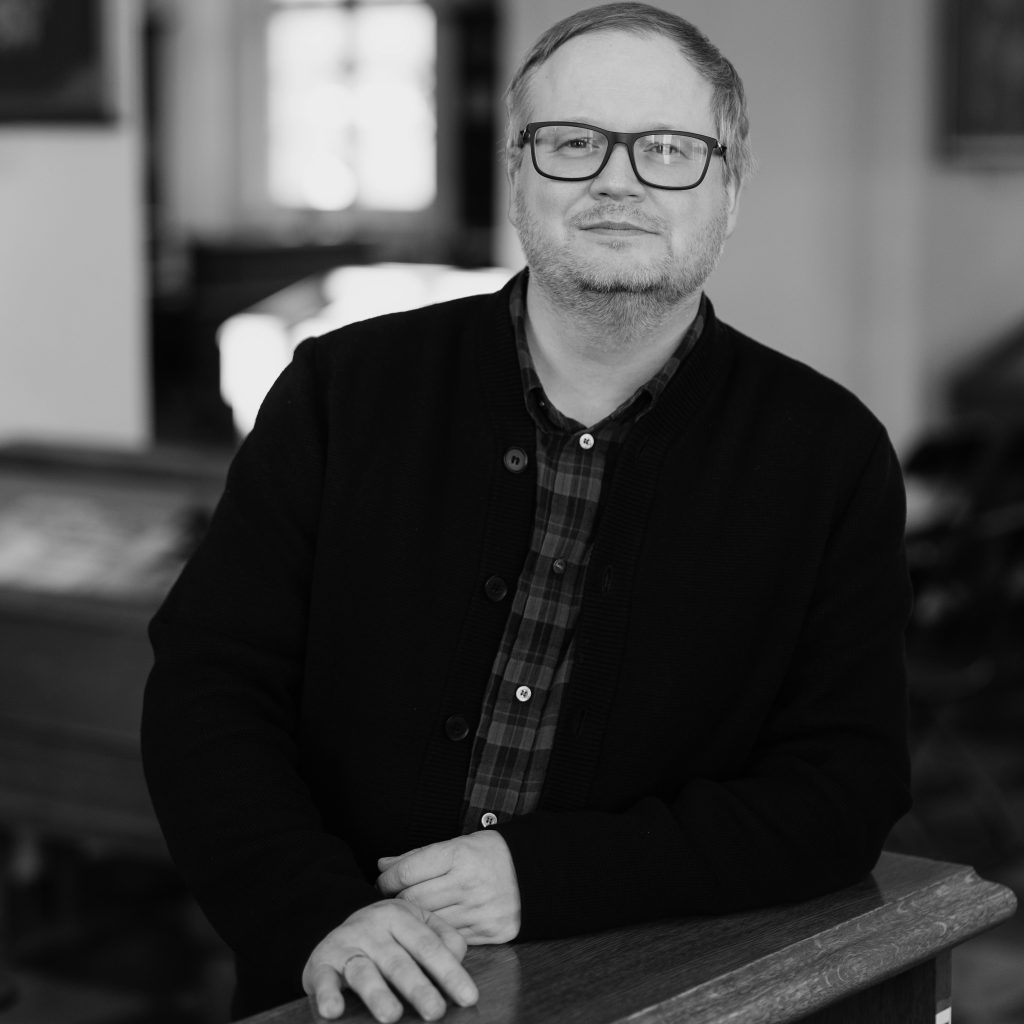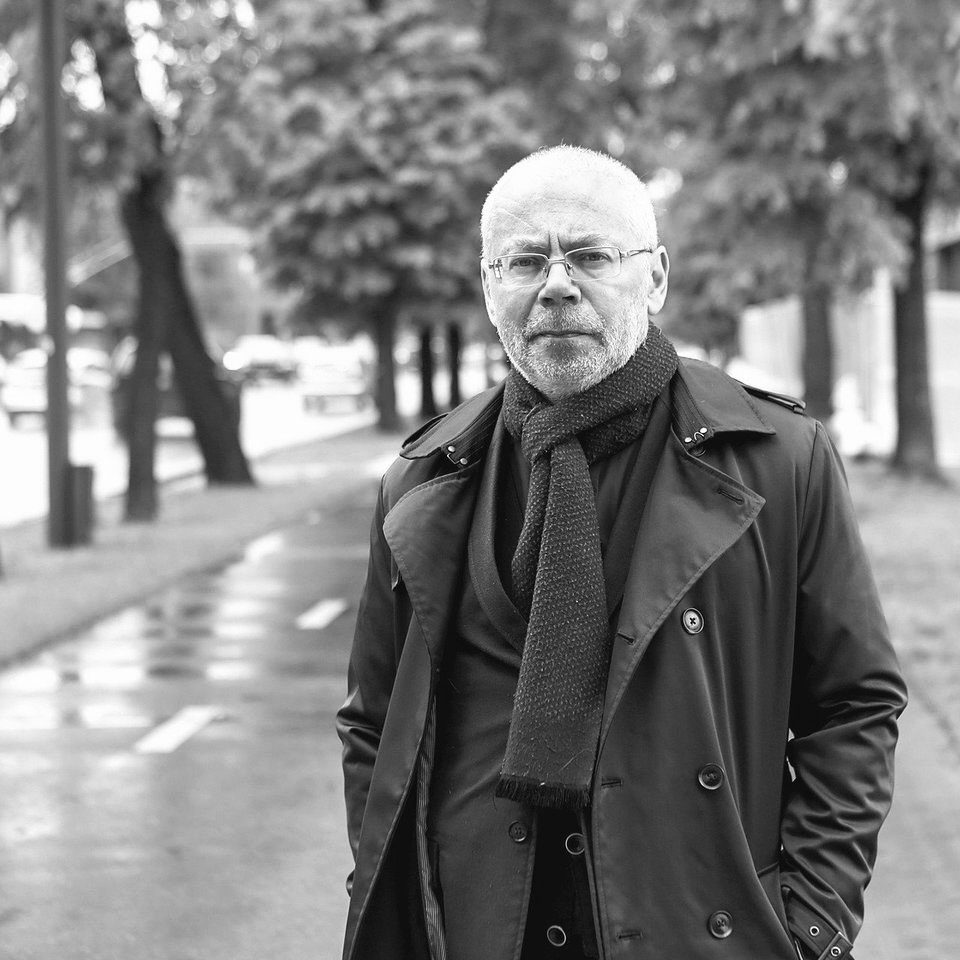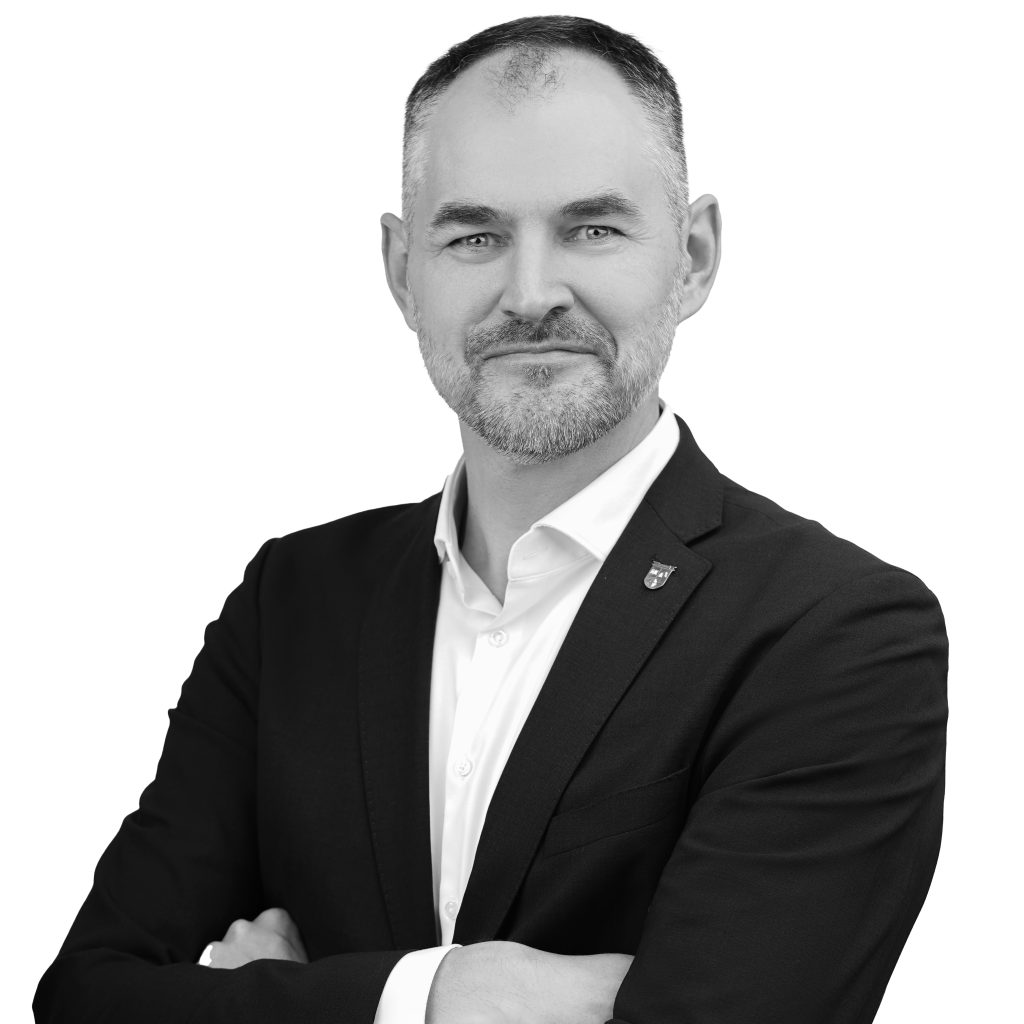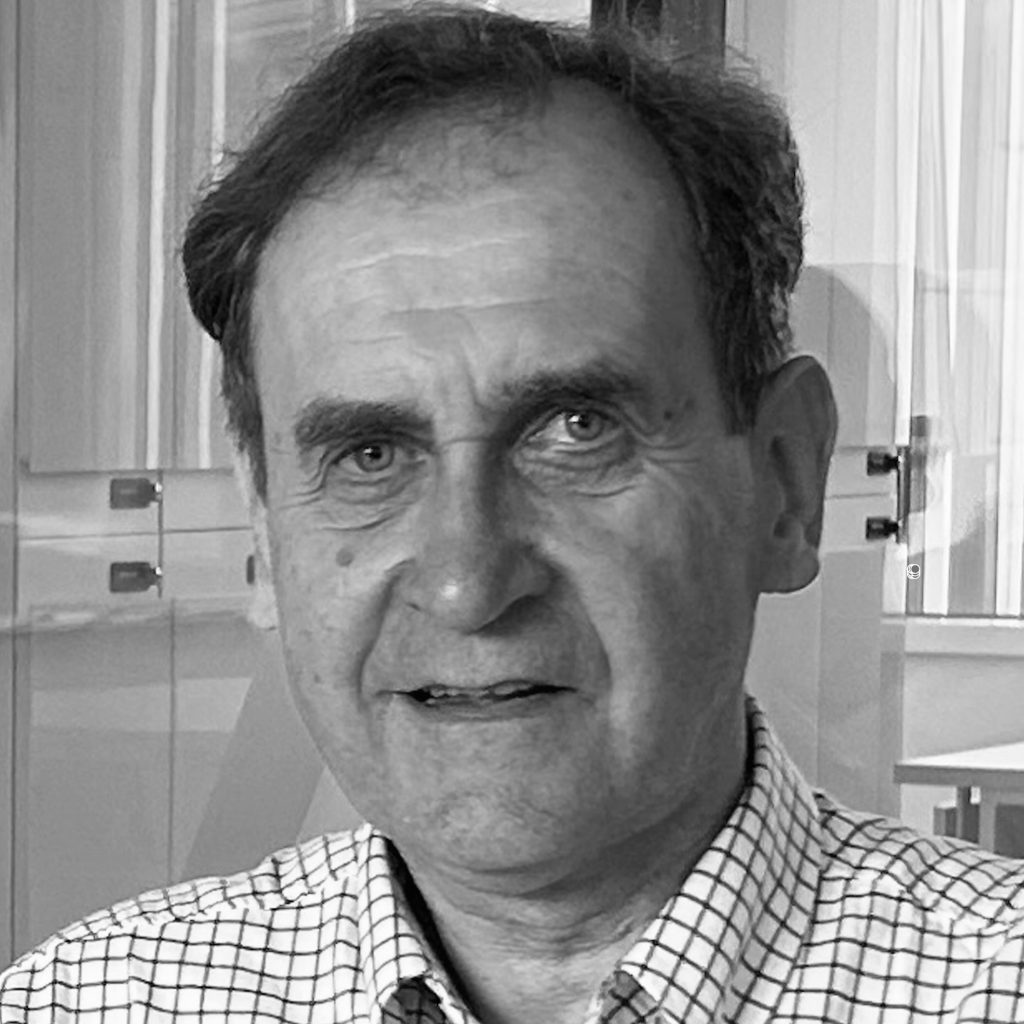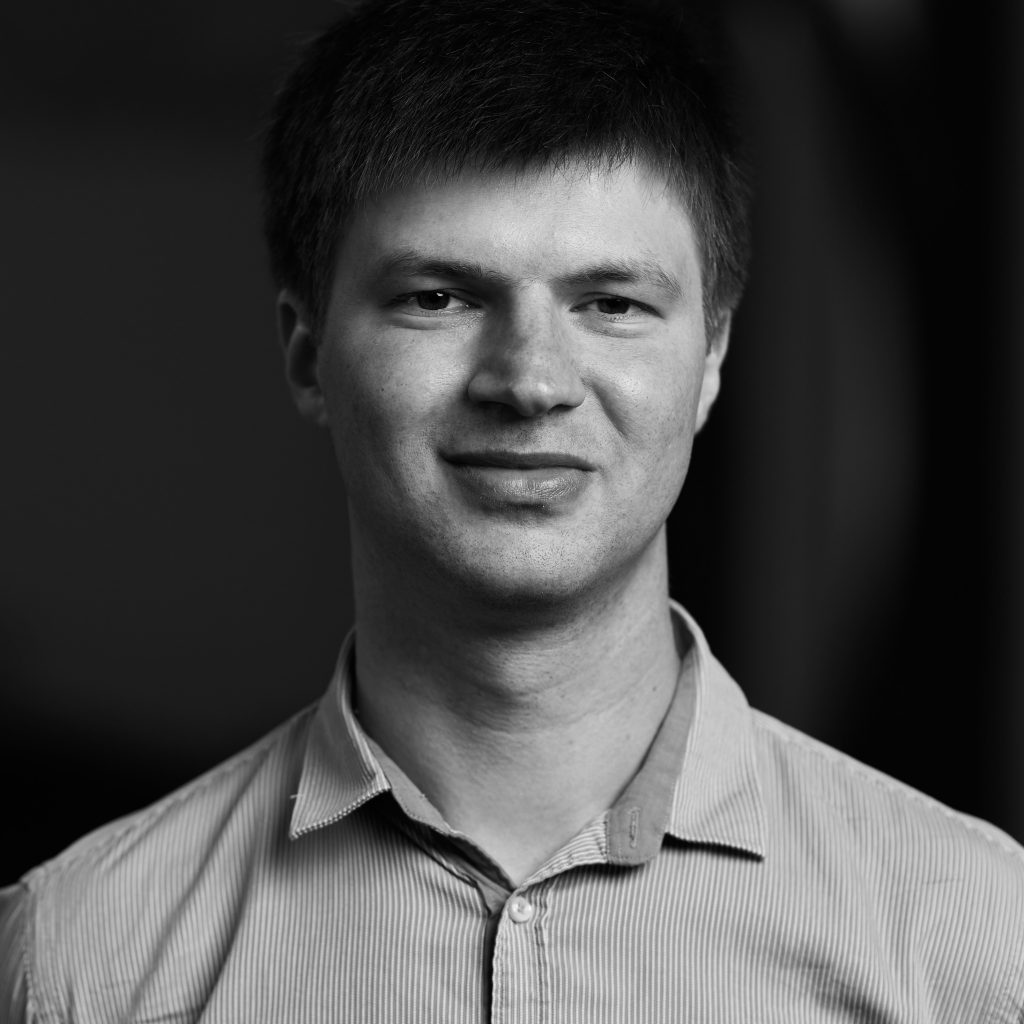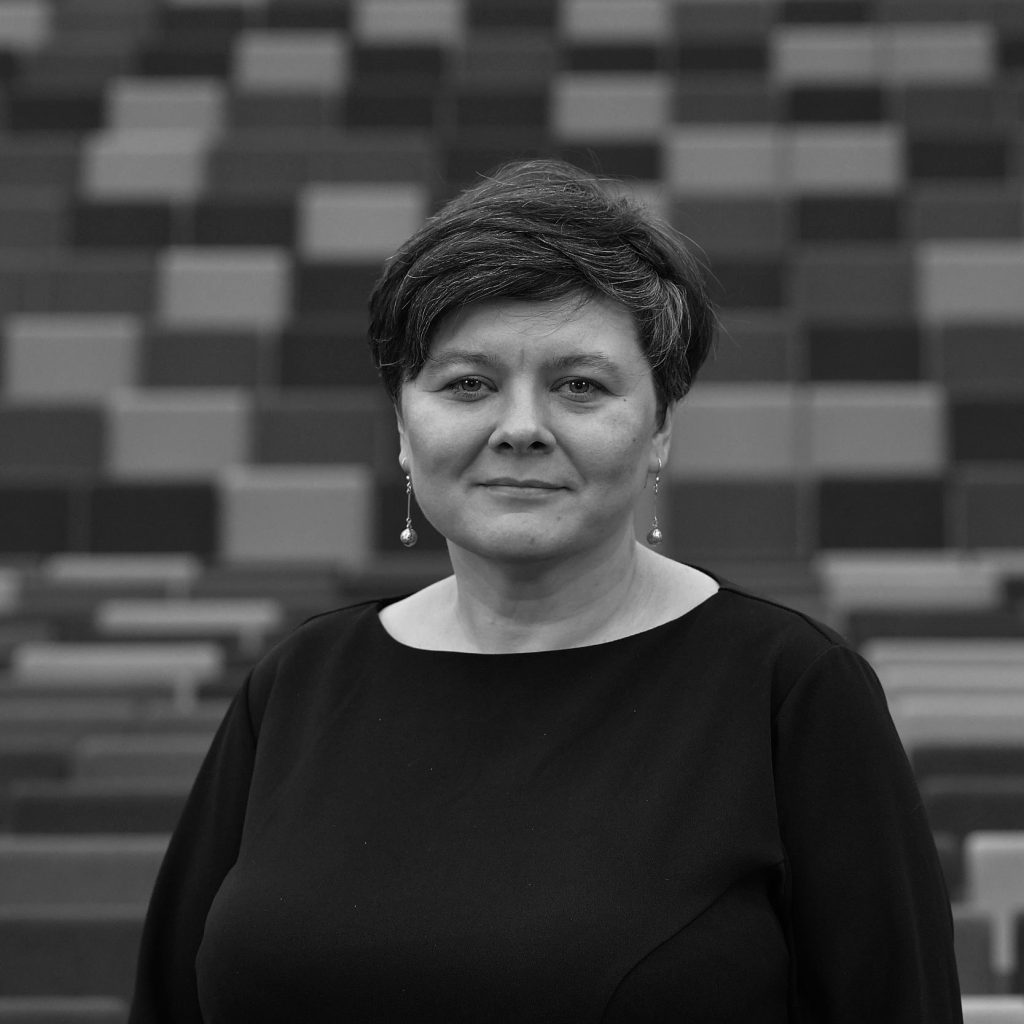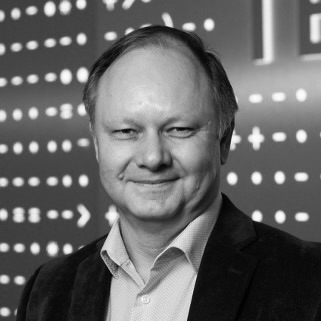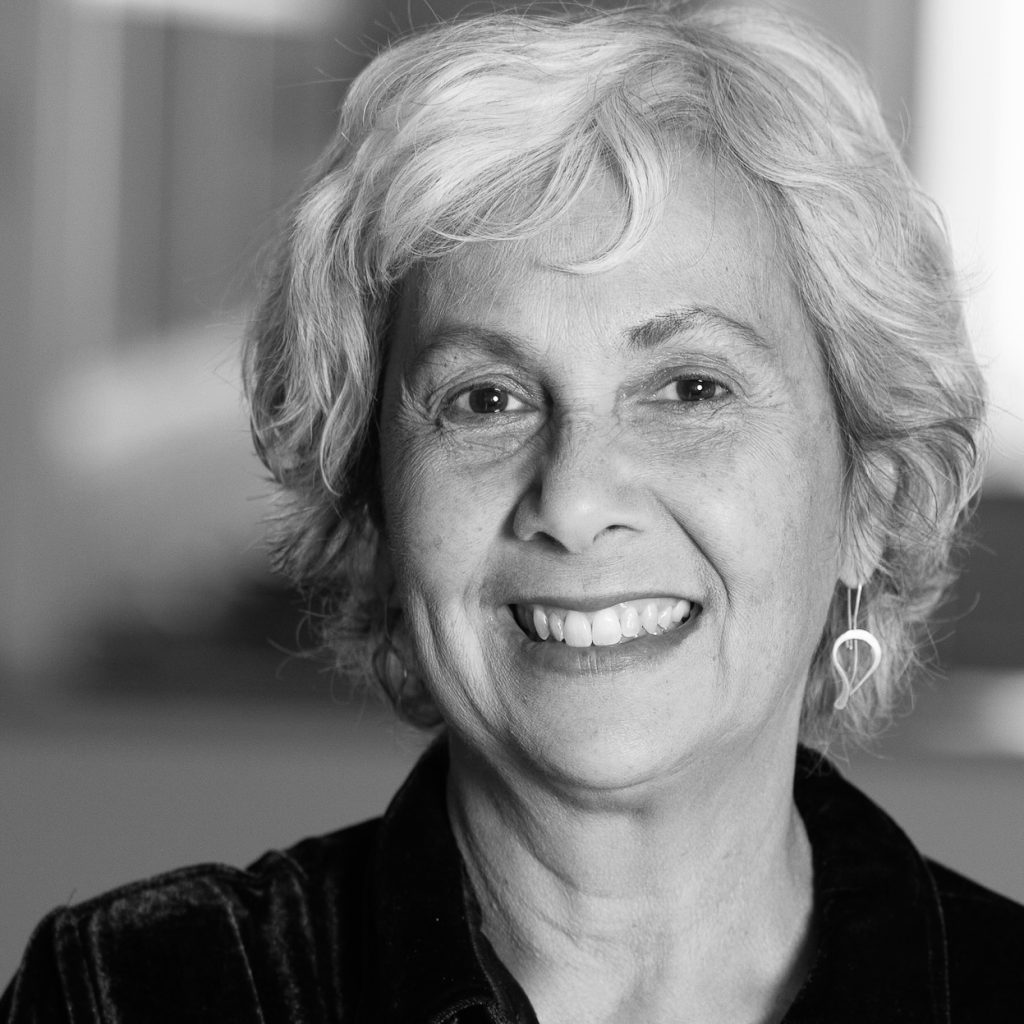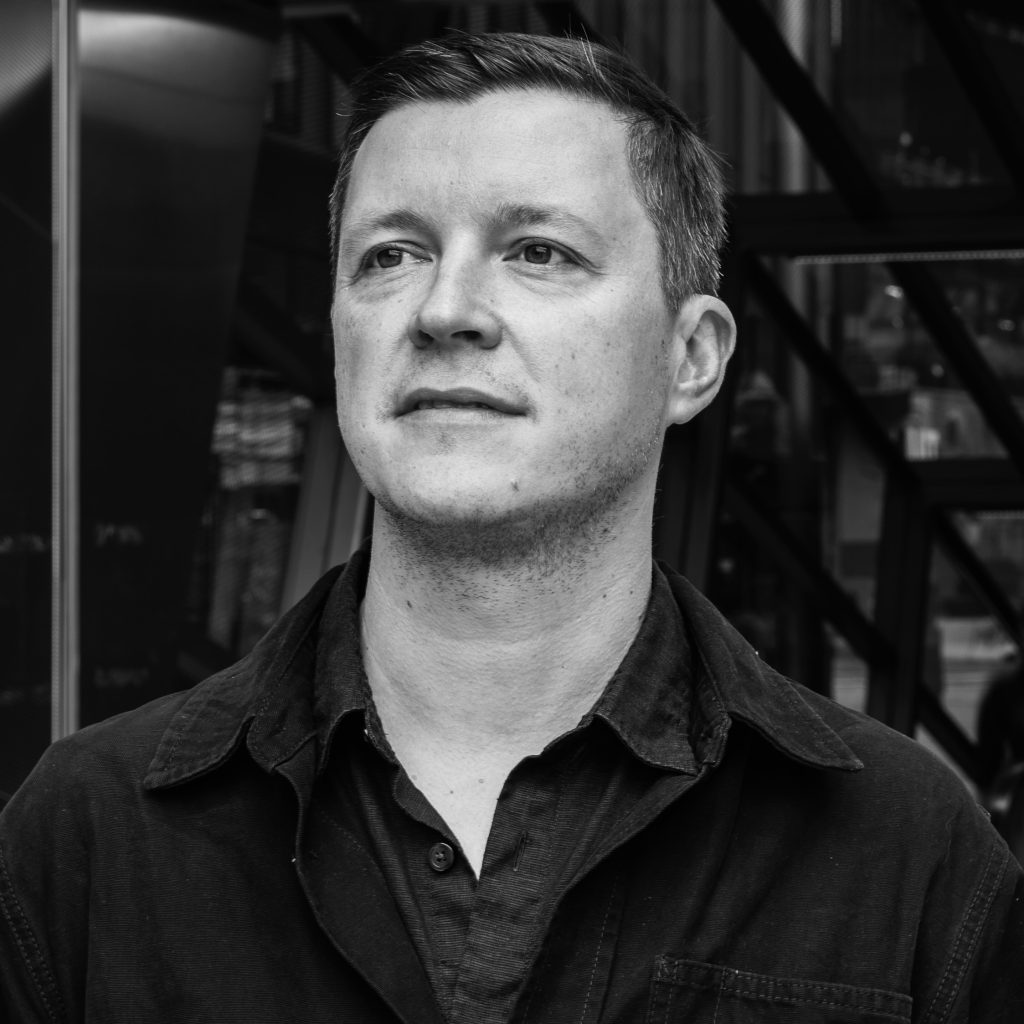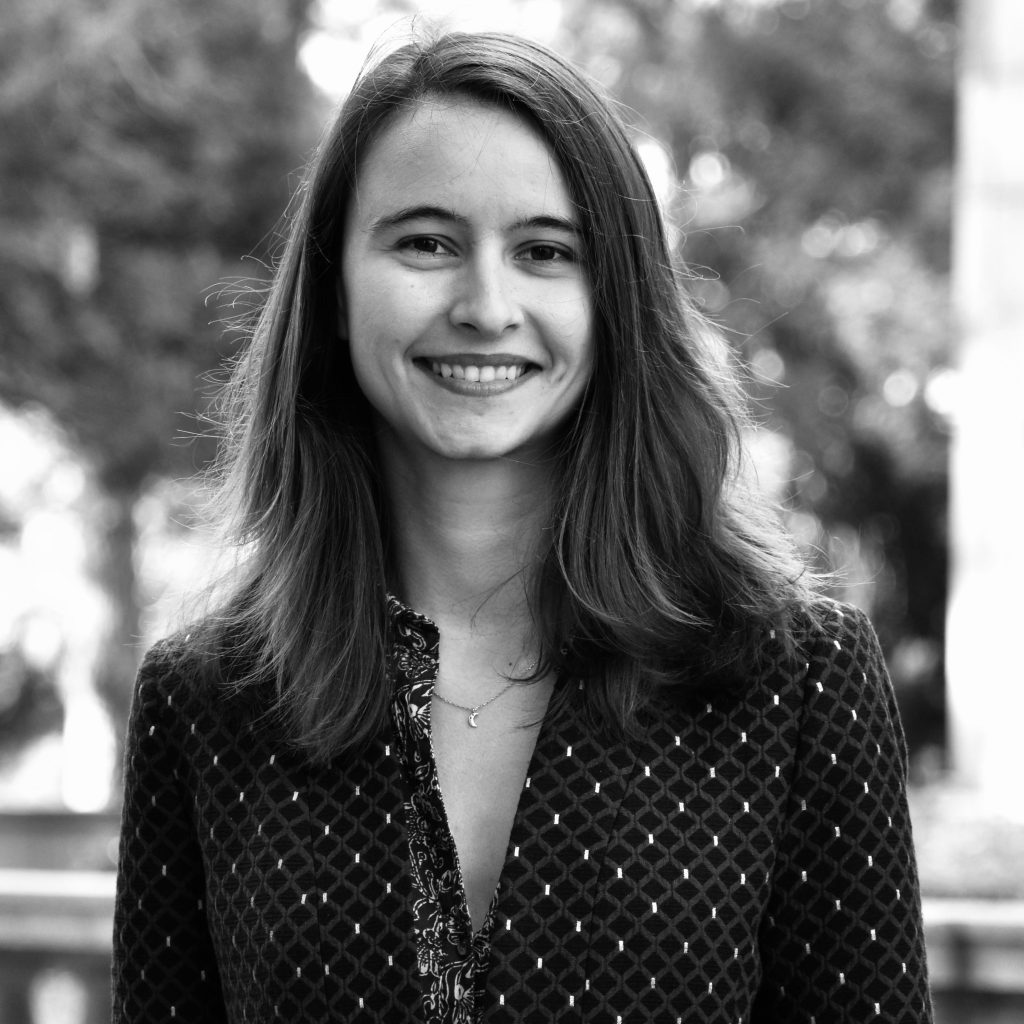On October 9–10, Lithuania hosted a unique event: scientists from the world-leading innovation hub, the Massachusetts Institute of Technology (MIT), came together with representatives of Lithuania’s science, business, and policy communities for an interdisciplinary conference dedicated to an important mission – jointly seeking responsible innovations and pathways to a sustainable, ethical, and inclusive future while tackling the most pressing challenges in artificial intelligence, climate change, resilient cities, education, defense strengthening, and technological transformation.
The conference, “Human and More-Than-Human Futures: Innovating Technologies for Coexistence,” held in Vilnius and Kaunas, was organized by a consortium of twelve Lithuanian universities, research centers, and companies coordinated by Vytautas Magnus University (VMU). The event followed the consortium’s signing of a cooperation agreement with the MIT Center for International Studies (CIS) and the MIT International Science and Technology Initiatives (MISTI) program.
“It is a great honor to welcome you to this exceptional gathering, this extraordinary event, where MIT’s innovative spirit meets the creative energy and curiosity of Lithuania’s scientific, business, and academic communities. It is in such moments that true cooperation begins – not only through plans and formal agreements, but through shared curiosity and respect,” VMU Rector Prof. Dr. Ineta Dabašinskienė said in her welcome address.
The event aimed to deepen understanding of complex technologies by discussing the prerequisites of justice and well-being that are essential for coexistence. Participants reflected on how to build a future in which people, technology, and nature live in harmony. The focus was on new ideas – how to move beyond merely “smart” technologies to self-learning systems that adapt to humans and take the environment into account. The MIT delegation was led by Prof. Duane Boning, Vice Provost for International Activities, who arrived with roughly a dozen faculty and researchers.
Cities Should Invite People to Move in Ways Other Than by Car
One of the conference sessions focused on resilience and the creation of livable cities, emphasizing the coexistence of people and nature and the alignment of perspectives from engineering, the humanities, urbanism, and energy. The discussion covered the shift from car-oriented to more pedestrian-friendly cities and highlighted the role of urban design and green technologies in reducing CO₂ emissions and promoting a healthier environment.
“Car-based urbanization is a complete twentieth-century ‘hiccup’ and perhaps the most significant technological change affecting city-building. The question is whether its influence will remain as strong in the future,” reflected Andres Sevtsuk, the Charles and Ann Spaulding Career Development Assistant Professor of Urban Science and Planning at MIT and Director of the City Form Lab, noting the growing popularity worldwide of pedestrian- and transit-oriented cities.
According to Dr. Sevtsuk, Europe and some Asian countries are demonstrating a new model of city-building – investments in public transport, pedestrian networks, and the integration of land use with mobility so that the city itself “invites” people to move in ways other than by car. Still, despite the many advantages of dense, transit-oriented urban areas, many people choose to live on the urban fringe.
“City centers are often too expensive, especially for families with children. This is partly due to the post-Soviet legacy, when people for a long time did not have their own yard or car. The main challenge is how to incentivize urban development in the right direction,” the MIT scholar summarized.
Discussing the Potential of Hydrogen
In the expert panel at the end of the session, Lithuania’s railway sector was discussed as well: it is electrifying lines, implementing green technologies, and installing ultrasonic “whistles” on older lines to reduce collisions with animals. Other highlights included the use of urban digital twins for data visualization and decision-making, and the importance of awareness and shared responsibility.
Dr. Darius Milčius, Director of the VMU Department of Science and Innovation, emphasized the potential of hydrogen as a sustainable energy source. “Hydrogen is a very interesting, almost ideal material from an environmental perspective when we talk about energy storage and the production of green materials (especially hydrocarbons). In prosumer cities, in summer we can convert surplus solar energy into hydrogen and use it in winter. But there is a price: to produce one kilogram of hydrogen, you need about 50 kilowatt-hours of electricity, and you get back only 33 when generating it,” Dr. Milčius observed.
Security and Defense Challenges
Another conference session addressed current issues of defense, security, and resilience. Gene R. Keselman of the MIT Sloan School of Management, Executive Director of MIT’s Proto Ventures program, discussed dual-use policy as a national development strategy.
“Over the course of 30–40 years, we have begun to cede ground to China in defense manufacturing scale – this is a shared challenge for the U.S. and Europe. There is no easy solution for rare earth elements: China controls 99.9 percent of their refining and the highly complex chemical processes that enable, for example, the production of high-temperature magnets. Opportunities exist, but we should have started yesterday,” Keselman warned during the speakers’ panel.
Dr. Una-May O’Reilly shared thoughts on another topic crucial for defense – artificial intelligence, including the risks posed by adversarial AI and generative models such as ChatGPT.
“New types of attacks are spreading: all layers of the network are attacked simultaneously, and resources are shifted to the weakest point – this is very costly for defenders. Generative models themselves become an attack surface: so-called ‘prompt injection’ can be enough to access model parameters, which are then encrypted until you pay a ransom,” O’Reilly explained.
The defense- and security-focused discussion covered various issues, including the difficulty of manufacturing drones without Chinese components, the success of Lithuania’s FinTech and blockchain sectors, and the need for government support to foster innovation. The role of the Lithuanian Riflemen’s Union in defense innovation and the importance of collaboration with startups and universities were also emphasized. Other conference sessions addressed no less important global challenges – factories of the future, quantum technologies, synthetic biology, and responses to climate change.
Artificial Intelligence in the Age of Digitalization
The second day of the conference was devoted to rethinking education and artificial intelligence. One session focused on the multifaceted nature of intelligence in the digitalization era: participants discussed the links between governance, intelligence, and digitalization.
When discussing a culture of data sharing, the speakers viewed openness positively, while also noting European Union regulations that restrict the availability of certain functions in the name of privacy. “EU regulation is both a blessing and a burden: it limits certain AI capabilities,” remarked Dr. Algimantas Černiauskas, representative of the IBM Client Innovation Center Baltic, adding that for ethical reasons IBM has withdrawn from some areas of activity, such as facial recognition.
Andreea Bobu, a professor in the MIT Department of Aeronautics and Astronautics and at CSAIL, presented how large language models (LLMs) are changing robotics and human-robot interaction: rather than training robots solely on vast quantities of demonstrations, we should “borrow” common sense from such language models. However, they cannot be trusted blindly.
“LLMs do not possess true common sense – they only statistically correlate with what is ‘on average true’ on the internet. Therefore, today it is too risky to let a robot act purely ‘from context’ without a human,” said the professor, who heads MIT’s Collaborative Learning and Autonomy Research lab and designs autonomous agents that learn to perform tasks for people or together with them.
Another session focused on radical innovations in learning and how new pedagogical methods are transforming lifelong education. Among the participants were Prof. Fox Harrell from MIT’s Computer Science and Artificial Intelligence Laboratory (CSAIL), VMU Associate Professor Dr. Aušrinė Pasvenskienė and Prof. Dr. Tomas Berkmanas, Vilnius Gediminas Technical University (VGTU) Professor Dr. Simona Ramanauskaitė, and others.
The day’s keynote was delivered by Dr. Drew Story, Executive Director of the MIT Policy Lab, which helps MIT researchers engage strategically in the policy-making process so that their work has a greater impact and benefit for society. Participants could join one of four discussion groups to consider strategically important topics and explore opportunities for long-term, broader collaboration between MIT and Lithuania. The discussions aimed to prepare recommendations for policy-makers and to contribute to strengthening Lithuania’s strategic goals.
Agreement with a Global Leader in Science and Innovation
This event followed the signing of an agreement between the MIT Center for International Studies, MIT International Science and Technology Initiatives (MISTI), and twelve Lithuanian science and business partners earlier this year. Planned forms of cooperation currently include MIT student internships in Lithuania, Lithuanian student internships at MIT, and early-stage research grants.
It is expected that these ties could open many opportunities – participation in the MIT MISTI program will strengthen Lithuania’s reputation and visibility as an innovation and technology hub, contribute to creating high-skilled jobs, and modernize the country’s education system by introducing innovative teaching methods.
A Game for Solving Ecological Challenges
During the conference, Lithuanian students were able to try a unique tool – a game designed to develop sustainability knowledge. Internationally recognized Lithuanian artists and MIT researchers Nomeda and Gediminas Urbonas, in collaboration with French scientists, have created the role-playing game Wetland.games, aimed at fostering ecosystem awareness and promoting sustainability. Taking on various roles, the players explore the wetlands as a system of collective intelligence and look for common solutions while navigating ecological, social, and other interdependencies.
One of the game’s creators, Dr. Raphaël Mathevet, a Director of Research at the French National Centre for Scientific Research (CNRS), gave a talk on serious games and on incorporating the voices of humans and animals in environmental governance.
“I propose viewing environmental governance not merely as technical regulation but as a collective experiment – learning and imagination where different perspectives (scientific, local, institutional, and non-human) meet. One way to open such spaces is to play with perspectives,” said Dr. Mathevet.
The conference Human and More-Than-Human Futures: Innovating Technologies for Coexistence was organized by the Lithuanian Consortium and supported by the Research Council of Lithuania and Northway Biotech.
Members of the Lithuanian Consortium for collaboration with MIT: coordinator Vytautas Magnus University, Kaunas University of Technology, Klaipėda University, Vilnius University, Vilnius Gediminas Technical University, Vilnius Academy of Arts, Lithuanian Research Centre for Agriculture and Forestry, Lithuanian Energy Institute, AB Ignitis Group, LTG Group, UAB Euromonitor International – Eastern Europe, and UAB Novian.

